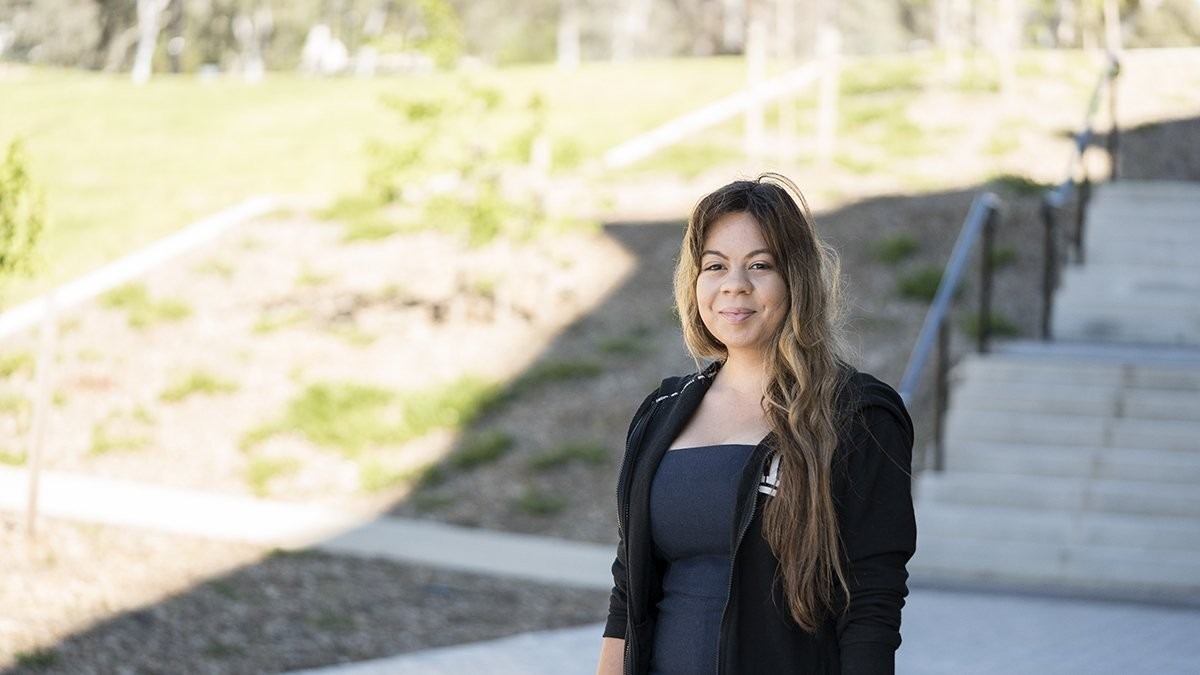Weighing up the communication challenges of pill testing
When the Spilt Milk festival gets underway in Canberra this weekend, Stephanie David will be there “just to have fun”.
For festival-goers this usually goes without saying, but for Stephanie, an Honours student at the Australian National Centre for the Public Awareness of Science at ANU, music festivals have become fieldwork.
She has spent the past year researching the communication challenges surrounding pill testing trials at music events. It’s a project which combines her studies with her experience as an active member of Canberra’s music scene.
Stephanie has run the ANU student radio station, is part of an all-female DJ cooperative, and regularly attends music festivals, and says her research has opened her eyes to the complexities of managing the needs of the multiple stakeholders involved in music events.
“The police, the medical community, policy makers, festival organisers and attendees all have different communication goals, so it’s difficult to determine what constitutes effective audience engagement,” she says of her research findings so far. “How do you message drug policy enforcement at the same time as communicating how to stay safe while using drugs?”
The media and political grandstanding further complicates transparent messaging, she says.
“Informing people about pill testing is in itself a straightforward, manageable conversation. But stakeholders are also having to manage the public discourse on the big picture issues surrounding it, like drug prohibition and the stigmas of drug use.
“So they have to manage a lot of messages at the same time, and the question I’m really interested in is how that impacts their overall communication.”
As part of her ongoing research, Stephanie has so far spoken to chemical analysts, a harm-reduction advocate and a politician, and says she hopes to provide a bridge between academic expertise and the music community.
“There’s just so little information for consumers. If you look at the messaging for alcohol, everyone knows how much a standard drink is, but there’s nothing for drugs.
“In one of my science communication classes, I did a demonstration where I had white sugar, dark sugar and brown sugar, and I said, ‘Okay, let’s pretend this is MDMA. If I was selling you this, which colour sugar would you pick as the most pure?’
“There was no consensus in the room.”
Pill testing will not be taking place at Spilt Milk this year, offering Stephanie an opportunity to take a break from her studies.
“It’s disappointing not to have pill testing there,” she says, “but assigning blame is not particularly helpful.”
“With all controversial issues, you need to take things step by step, and what I’ve found is that everyone working on moving the issue forward are doing as much as they can.”

